Something new has been emerging in the event and hospitality industry these last several years and it is confusing wedding and event clientele, as well as fellow event supply partners and worst of all: causing communication breakdowns in event execution and expectations. In the end, the event client is paying the price for a substandard quality event because of it. Let’s address this once and for all, head on: it is the misuse of the term “event coordinator“.
Below, we take the three most common industry positions who misuse this term (some perhaps unintentionally), or have decided that they are going to gain additional revenue stream and figure they can do what a professional coordinator does and help save the client some money. What many “day of” professional coordinators charge (around $1200-$3K), they will charge a nominal $500 or so. To an inexperienced first-time bride, this monetary difference is extremely attractive. But in the end, one truly gets what they pay for.
Below is a job description that fits 99.999% of the services who say that they do “Coordination” and what that really translates to:
Venue Manager: Even if their business card has the title “Event Coordinator” , the venue manager’s number one job is to sell events. Period. They may or may not even be present the day of the event, and if they are present the day of the event, their exclusive job is loyalty to the venue for whom they work making sure there are no violations with regard to set up, break-down, guests are staying in the areas that they are supposed to, they are on call to handle electrical or facility emergencies, and make sure client and vendors are adhering to all rules. For wineries, the venue manager also oversees the consumption of wine and making sure the right number of bottles are tallied at evening’s end and part of their job focus is selling wine. The “Event Coordinator” for a venue is largely a booking agent, coordinating event contracts, and if they are at the event “day of” (always ask), they are not there to oversee anything but policies and protect the venue (and perhaps assist issues with the event as they pertain to the facilities).
Caterer: A full service caterer will coordinate all your food and beverage, as well as rental items. Most will oversee rental deliveries and set up. They will even help you develop an event timeline with primary focus being on the food events (cocktail hour length, dinner time, dessert, toasting, cake cutting, late night snacks, etc). Occasionally, some full service caterers will ask the bride and groom for their all their vendor contact’s information and ask for the vendor’s arrival time for their services. They may even point and direct arriving vendors when they arrive. But it stops there. Unless the caterer is acting on the client’s behalf, asking for all vendor contracts to review their unique timing, service requirements, and more, simply asking an inexperienced bride and groom what time their vendors are arriving does nothing to help the overall event, and in fact, can contribute to an epic failure “day of” (more on this below). The caterer’s job is to focus on the quality of the food, beverage, event set up and flawless service. They are also one of the single most important service providers for a wedding. If they are getting involved with other vendor’s jobs, then they are not doing the job for which you hired them and food, beverage and service suffers.
DJ: A DJ’s number one goal is to create the vibe , energy and keep the party flow going. Through their keen expertise and ability to read the crowd, their number one focus is MC’ing and providing the perfect flow of various beats for the reception. All DJ’s will coordinate your music and announcements and most need to know a general working timeline for key events such as First Dance, Toasting, Cake Cutting, Father/Daughter Dance, etc. And, like some caterers, may consider themselves a “coordinator” if they ask for the arrival times of all your vendors and point arriving vendors around “day of”. The DJ’s job is to focus on the quality of the entertainment. If they are leaving their job to handle other vendor’s, their issues, etc., then they are not doing the job for which they were hired.
The Professional Event Coordinator/Planner
The professional event coordinator’s job is like that of the conductor of a symphony. In order to help ensure a masterpiece is played, they must remain objective, with the key master overview of the entire piece/event. Each event supply partner is a like an instrument section of a symphony. It is the string section’s job to provide their piece; the woodwind’s section to do their part. You do not see the violinist getting up to conduct the symphony and by doing so, abandoning their contribution to the overall musical masterpiece. All contributors look to the conductor for cues to guide them through, because the conductor is aware of the whole picture. That is his/her exclusive job.
Further, professional coordinators know that just standing around pointing vendors as they arrive is not actually helping the overall event. And further, they know that asking what time a vendor arrives means little by itself. A thorough, detailed look at each vendor’s contract including their arrival time, what their unique set up needs are, coordinating those with the rentals, venue, electrical needs, logistics, policies, safety, and how their service hours affect other vendors as well as the overall event flow is mission critical to the basics of coordinating. Asking the photographer what time he/she arrives does not help anyone when the entire bridal party is running around wanting to know where to meet the photographer, who goes first for photographs (and where are all the personals – florals- bouquets, boutonnieres and did the florist know what time to drop them off in time for pre-ceremony photographs, and where to drop them off to the bridal party), etc. Fast forward to cake cutting. The photographer has gone, as their contracted hours ended an hour earlier in the evening, and now this momentous occasion will not be documented professionally for years to come for the bride and groom…all because a service provider who was not an objective, professional coordinator dedicated to reviewing the entire detail of the event- including every service provider’s contract- and how it relates to the whole of the event and other providers – said they would “coordinate” and did not know the detail to look into (nor should they) because it was not their primary job and role for the wedding.
Then there are the complications of the wedding ceremony, which involves intricate etiquette knowledge for placement, procession, recession, usher training, how to handle sticky situations and more. Most of this is done in advance of the wedding day and it is safe to say that the majority of caterers, DJ’s and venue managers are not Certified Wedding Professionals with a working knowledge of ceremony intricacies, nor do they have the time to put together the ceremony plan, and if they do say they will coordinate your ceremony, then they are not providing their own service as contracted and it is likely you would receive the same amount of knowledge as having a well-intentioned, but inexperienced friend or relative “coordinate” your ceremony.
While there are a million and one other things professional event coordinators and planners do, the main thing to remember about a professional coordinator is this: they are not tied to one service, and this allows them ethically and practically to be of service to the client and the “whole” of the event. A professional event planner has an allegiance to the client and they should always also be an Ambassador to all event partners, helping ensure the minutia of their unique needs are proactively assessed and addressed so that the day of the wedding, it runs seamlessly with one objective “conductor” orchestrating the masterpiece.

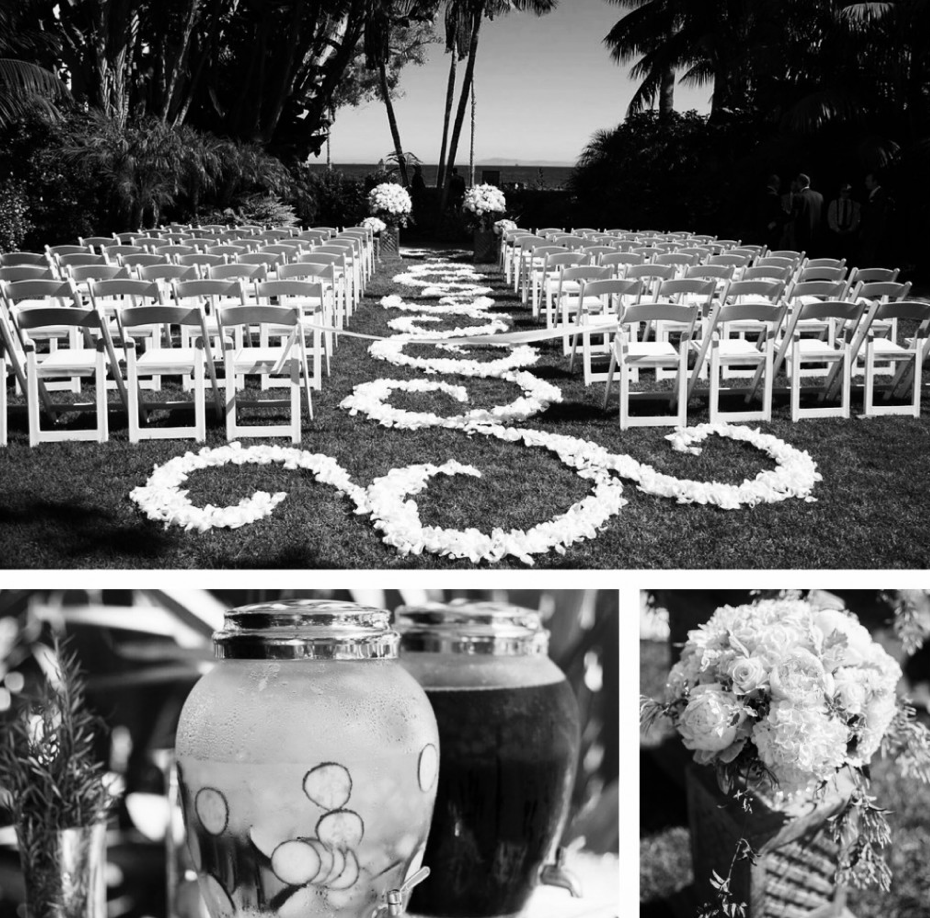
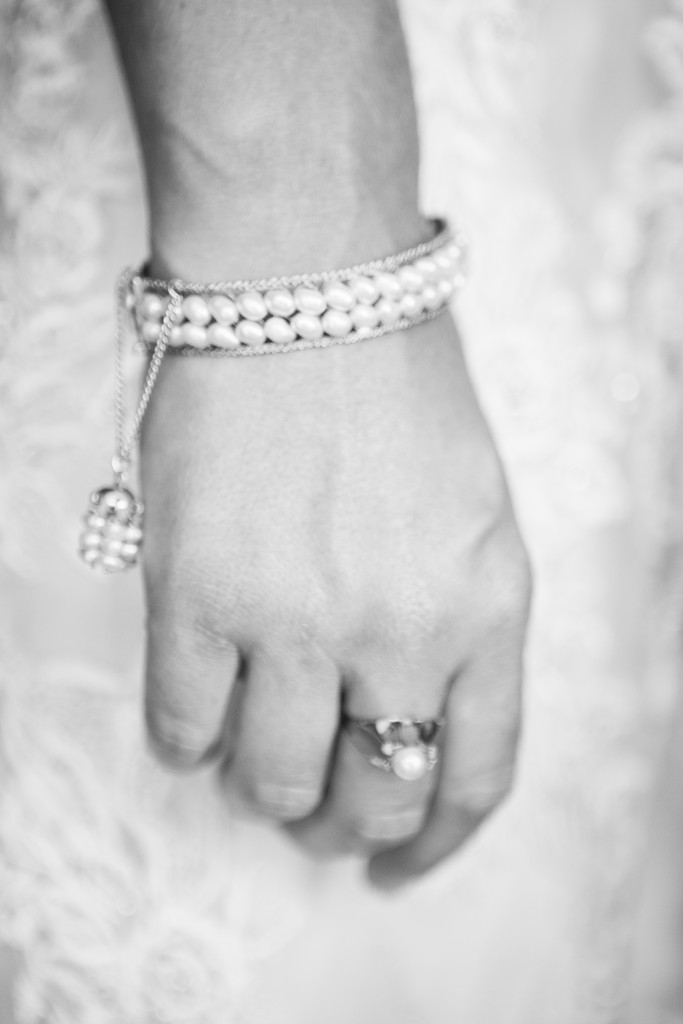
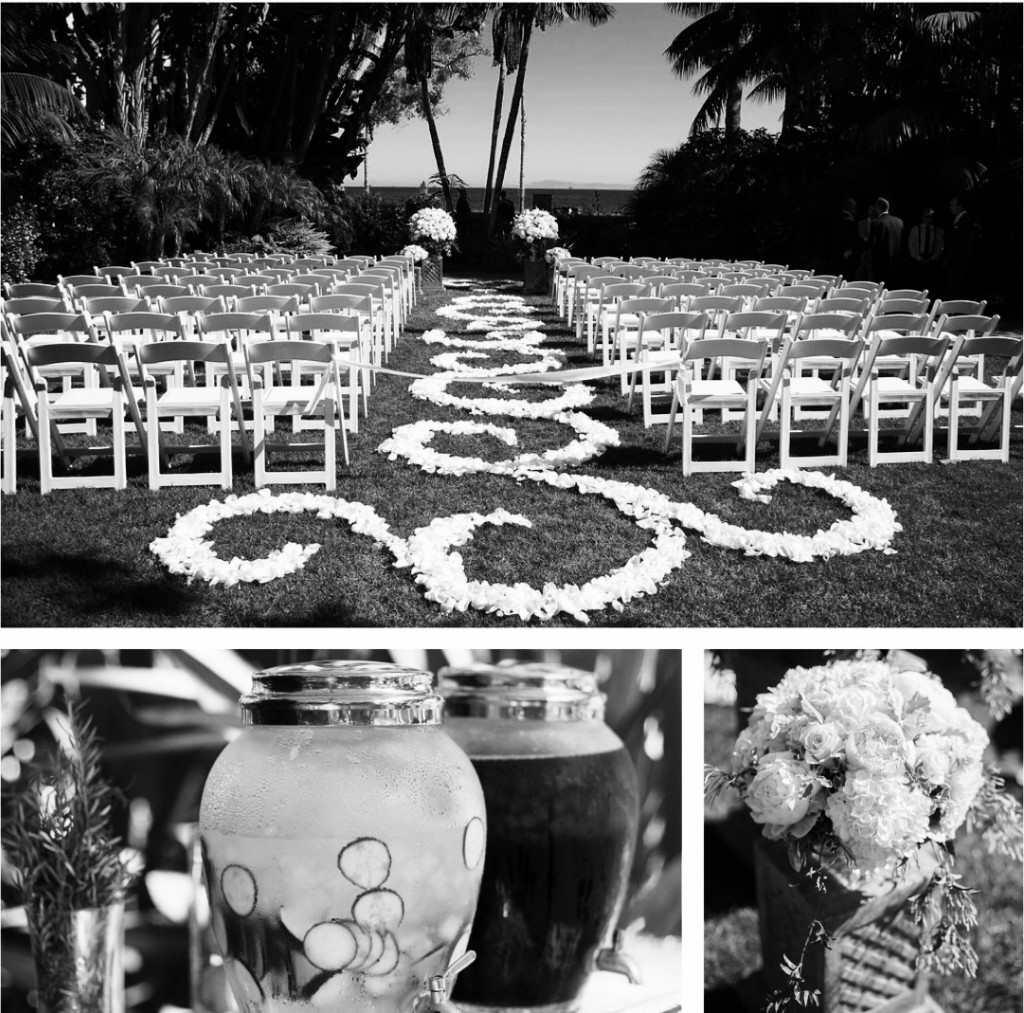


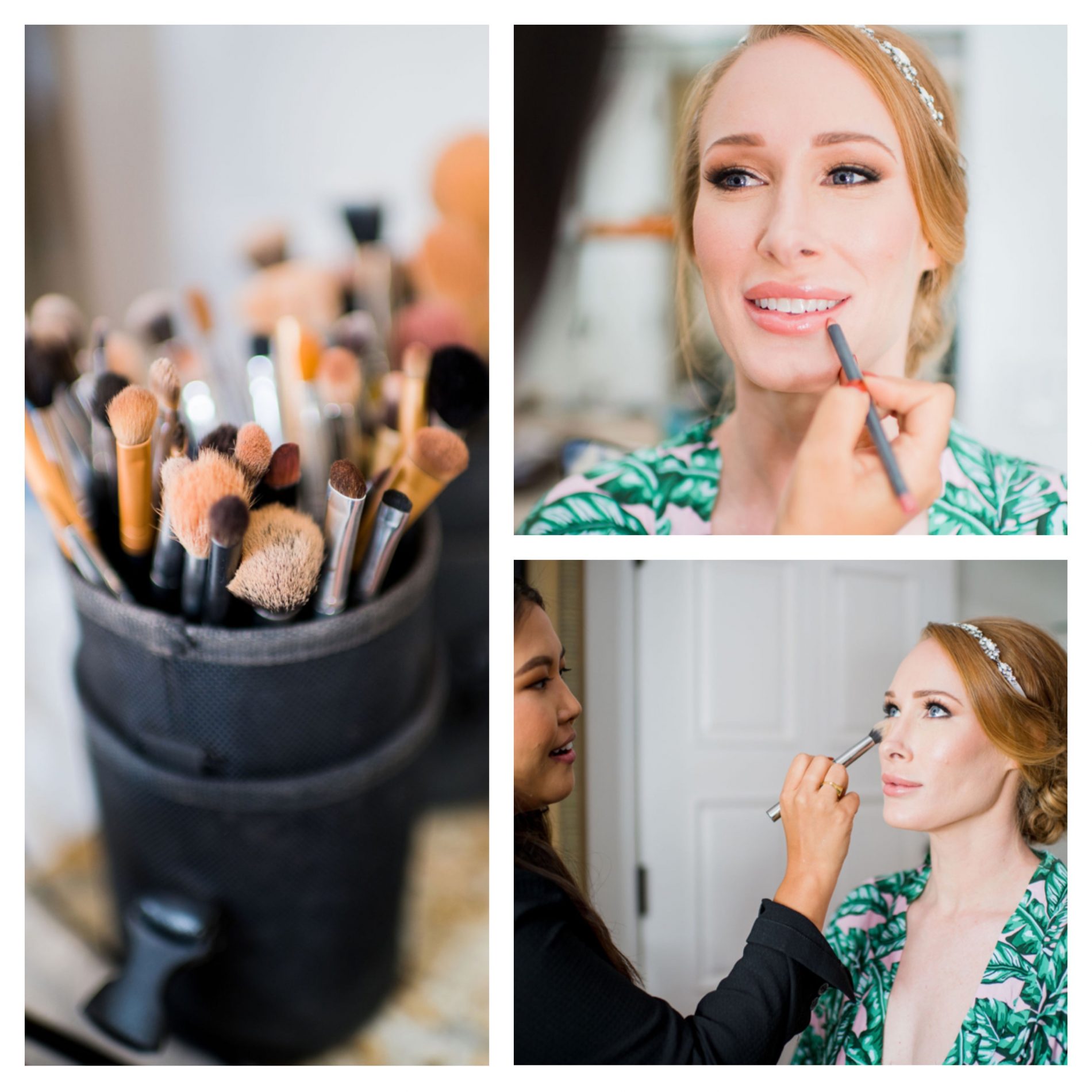
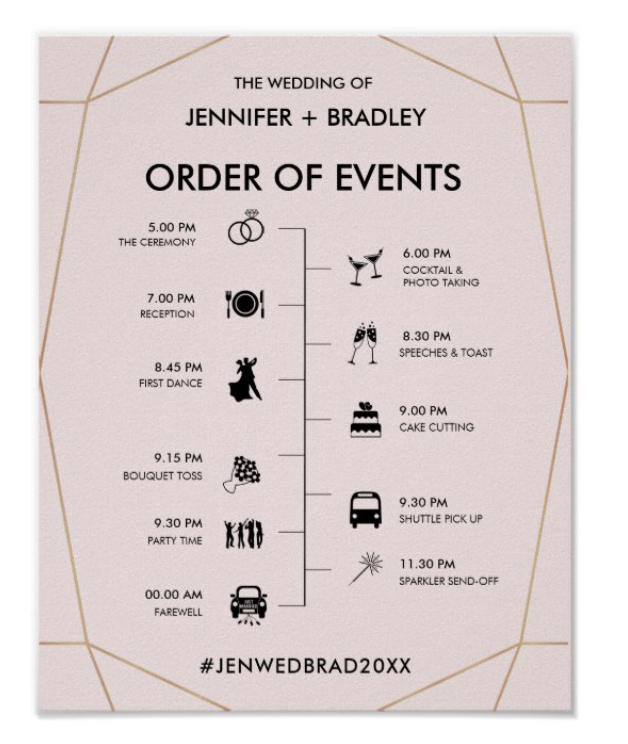

Leave A Comment